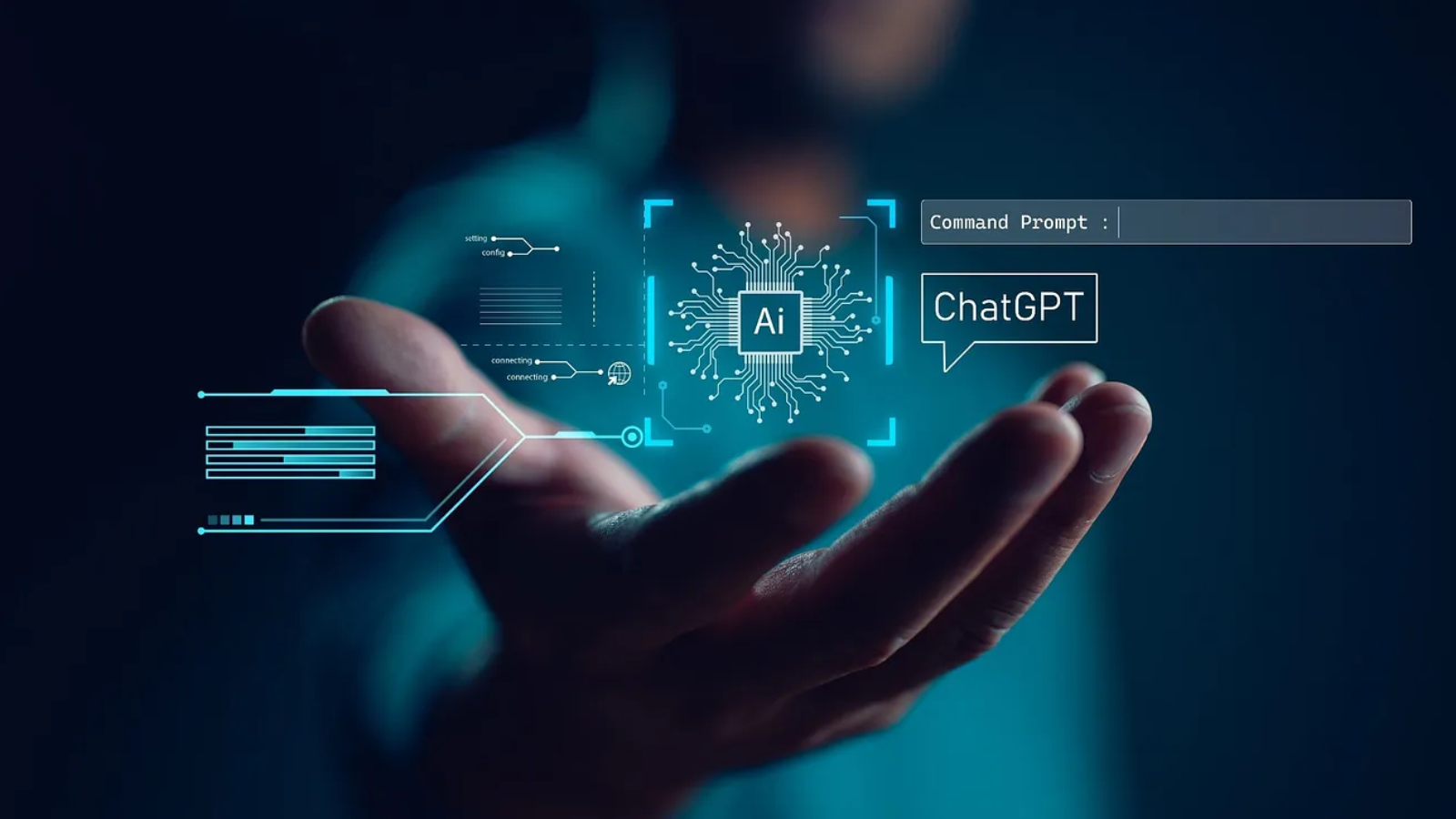Ever since the beginning of time, the human race has been dependent on each other for services, knowledge, legal and personal advice, support and acknowledgment. We observe that people had many means of achieving these sorts of dependencies by having servants, advisors and friends accompany them at all times. But with the modernization of the world especially as technology takes over, these needs are essentially met without any human Interaction. But we know that the advent of technology was essentially meant to bring people closer. Hence the question arises, in that perspective has technology succeeded even 1%?
Artificial intelligence (AI) is being used, as per the observation, in every possible way in our lives. That argument is out of question, the reason being “the human need for dependence”. Everything has its own pros and cons (cliché but I’ll use it anyway). No doubt ChatGPT is a great online tool. But is it “the” best tool to rely on? And if it’s not at all perfect then how are we supposed to cope with the oncoming popularity of AI. The points in question will be discussed further in this article.
ChatGPT, like other AI models, has limitations that make it less suitable for certain tasks and aspects of human life. Here are a few areas where ChatGPT may not be ideal or where caution should be exercised:
Critical Decision Making:
ChatGPT lacks the ability to understand context and emotions in the same way humans do. It should not be solely relied upon for critical decision-making processes, especially those that involve legal, financial, or medical matters. every person is responsible for their own needs, which will directly or indirectly influence a person’s decision-making, but Chatgpt or any other AI Model can not use this context for general advice and thus are not a very reliable source for advice and critical-decision making.
Emotional Understanding:
While ChatGPT can recognize and generate human-like text, it doesn’t truly understand emotions. It might not respond appropriately to emotional distress and should not be used as a substitute for professional mental health support. especially in situations where empathy is much needed chatgpt or any other AI model would not provide the significant support and understanding which are the most distinguishable virtues of a human mind. niether can it understand the complexity and uniqueness of every individual on this planet.
Privacy and Security:
Sharing sensitive or personal information with AI systems like ChatGPT can be risky. Even though efforts are made to secure data, there’s always a potential for breaches and misuse. the reason being, the usage of already provided data, writing styles and tones as a training material for further advancement of the AI Models. thus the data we provide can be stored in the system and be used against any individual. it is a real concern, that with advancement of technology and virtualization, cyber-crimes will unfortunately also increase.
Dependency:
Over-reliance on AI for tasks that humans should be doing can lead to a loss of essential skills. For instance, if ChatGPT is used extensively for language translation, humans might lose their language skills, which can be detrimental in various situations.
Bias and Ethical Concerns:
ChatGPT, like many AI models, can inadvertently perpetuate or even amplify existing biases present in the training data. It’s crucial to be aware of these biases and address them to prevent unfair or discriminatory outcomes. and with so much wars and negativity going around the globe, the last thing we want is for AI to give a vent to existing Biases.
Creativity and Originality:
ChatGPT can generate creative content; it doesn’t possess true creativity or originality. The responses are based on patterns in the data it was trained on and may lack the depth and uniqueness of human creativity.
Human Connection:
While ChatGPT can simulate conversation, it lacks genuine human connection. Meaningful human relationships involve empathy, shared experiences, and emotional bonding, which AI cannot replicate.
All these points are valid in the sense that, Over-reliance on ChatGPT can lead to certain disasters. But the question that I raised at the beginning of the article remains.
AI: a tool or a threat to humanity?
There’s been a survey by hubspot.com where they asked various leading businesses what they feel about AI as a growth tool for business development? Surprisingly, 50% of the people in line think of it as a great opportunity and advancement of humankind. The rest are uncertain of it being helpful but is there really a choice? Isn’t it too early to draw the line? By research it was also found out that many marketing agency were already using AI as a tool for web development before the recent popularity. Did that cause any problems and drawbacks? That answer of 80% people is a no. yet, of course there argument of people who think of AI as a threat, are in one way or the other valid. The problem arises with the confidentiality of personal information. The info we provide is used for the further training of the AI model,
Lastly,
In my opinion, whether AI is a tool or a threat, it’s too early to know. We are still exploring the true potential of it and to draw a line and set your opinion in concrete is nothing but superficial.


Add a Comment